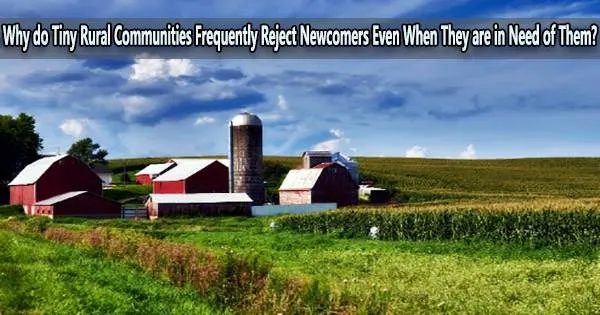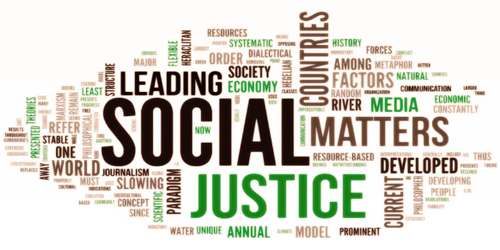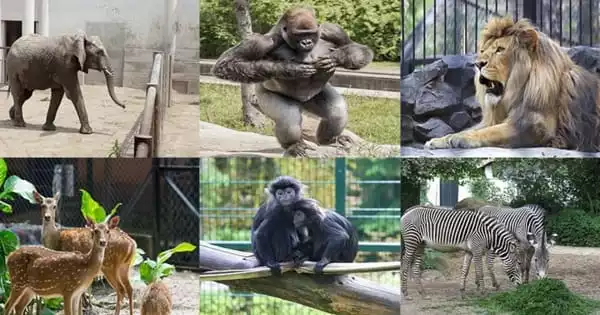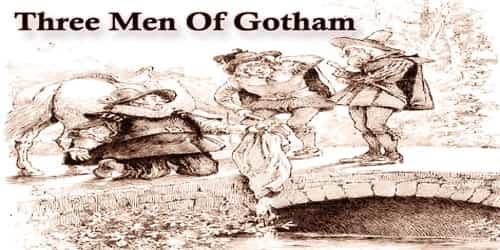In rural social groupings, social identity was found to frequently impede development, resiliency, and acceptance of change.
Locals are seen as the true residents and frequently have more authority and privilege in their community. They are accustomed to making decisions for the neighborhood. By criticizing, rejecting, or neglecting to encourage newcomers, their ideas, or enterprises, they may impede change.
Newcomers may inherently disturb the established and cozy social norms of small towns. While newcomers seek to demonstrate their importance as residents by sharing their fresh perspectives or experiences, locals are not amenable to this because it upsets the balance and causes them discomfort.
I (Saleena Ham) interviewed 89 residents and recent residents in two rural Queensland communities with populations under 2,000. The inhabitants frequently claim that foreigners or recent arrivals have no right to speak about or make changes to the town. They cast doubt on their social standing and share tales of how they are less than the locals.
Even when immigrants succeed in changing things, the locals may choose to ignore, belittle, or otherwise undermine their accomplishments.
How are newcomers undermined?
In one town, a newcomer became the leader of a business group. He had experience, was energetic, accessed grants and consulted to develop a plan. But then problem after problem was found with it. It was suggested the whole process begin again. He could not move the business community forward to adopt the plan.
They wore him down. He was burned out by their active and passive resistance. After a while, he stopped being involved in the neighborhood because he “was not local,” just as the residents had anticipated.
In another community, a new catering business opened. The residents believed it was too urban and unquestionably too flashy for this small town. They booked reservations but failed to show up, reported violations of local ordinances to the council, conjectured that one pair was having an affair, and spread stories about bad hygiene practices.
The company established social ties with other startup companies and organized neighborhood gatherings that drew tourists. The proprietors experimented, advertised, found customers outside of the town, and made it through, but it was really difficult when it wasn’t necessary.
The locals criticize, condemn and attack, in overt or covert ways, newcomers who are wanting to belong and contribute until they become disillusioned or just withdraw. Businesses fail and people leave. The inhabitants are content because their suspicions about the newcomers were proven to be accurate as the small hamlet remains the same, recognizable, and dwindling.
Why do residents behave like this?
One reason this happens is because people who live in small communities feel so attached to their community. It is as if it’s an extension of themselves.
So, when someone new comes in and wants to change things, it feels personal. Long-time residents interpret it as a personal attack that jeopardizes their beliefs, stories, histories, status, and privileges. They believe they must defend their unique community’s history against outsiders and anything they might try to introduce. In an unconscious effort to safeguard and defend their membership in the exclusive insiders’ club, they rebuff and resist.
Change can make people feel socially uncertain. Uncertainty about identity can make people feel like they have to act to protect what they know and love: it’s who they are.
Although it may appear as though they are being irrationally cruel and self-destructive, they believe that doing so is vital in order to preserve the social structure and comforting aspects of their community or social group.
Why should communities welcome newcomers?
Newcomers also want to belong. They want friendship, to be themselves, acknowledged and accepted. They want to build community, contribute ideas, initiatives and effort. These things are vital for small communities to survive and stay vibrant.
It is common in small towns to reject new agricultural practices, exclude people who are socially different, oppose new businesses, establish precincts, and modernize services because of a fear of social repercussions for defying local traditions.
Rural locals describe themselves as traditionalists, old school, practical. They expect to embrace hardship, inconvenience and loss as their unique identity. They see their group as morally superior to others.
Also, this makes it difficult for members of the secret society to seek assistance when they are experiencing mental illness, financial ruin, domestic violence, or mourning. If they break the identity norms, will they be shamed or mocked?
Stoicism and resilience is integral to the secret club’s membership. Who are you if you can’t hack hardship? Can you still belong?
Thus, keep this in mind the next time you hear about a small, rural town that is resistant to change. It could be a problem with social identity. They might be behaving in order to preserve their privileged insider status and comfortable way of life.
Small-town residents should keep in mind that a newcomer or outsider’s reception could make all the difference in that person’s social success as well as the community’s future.
















